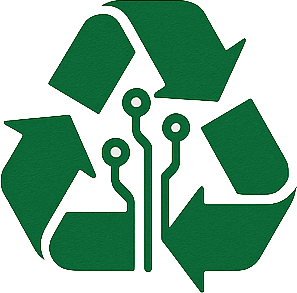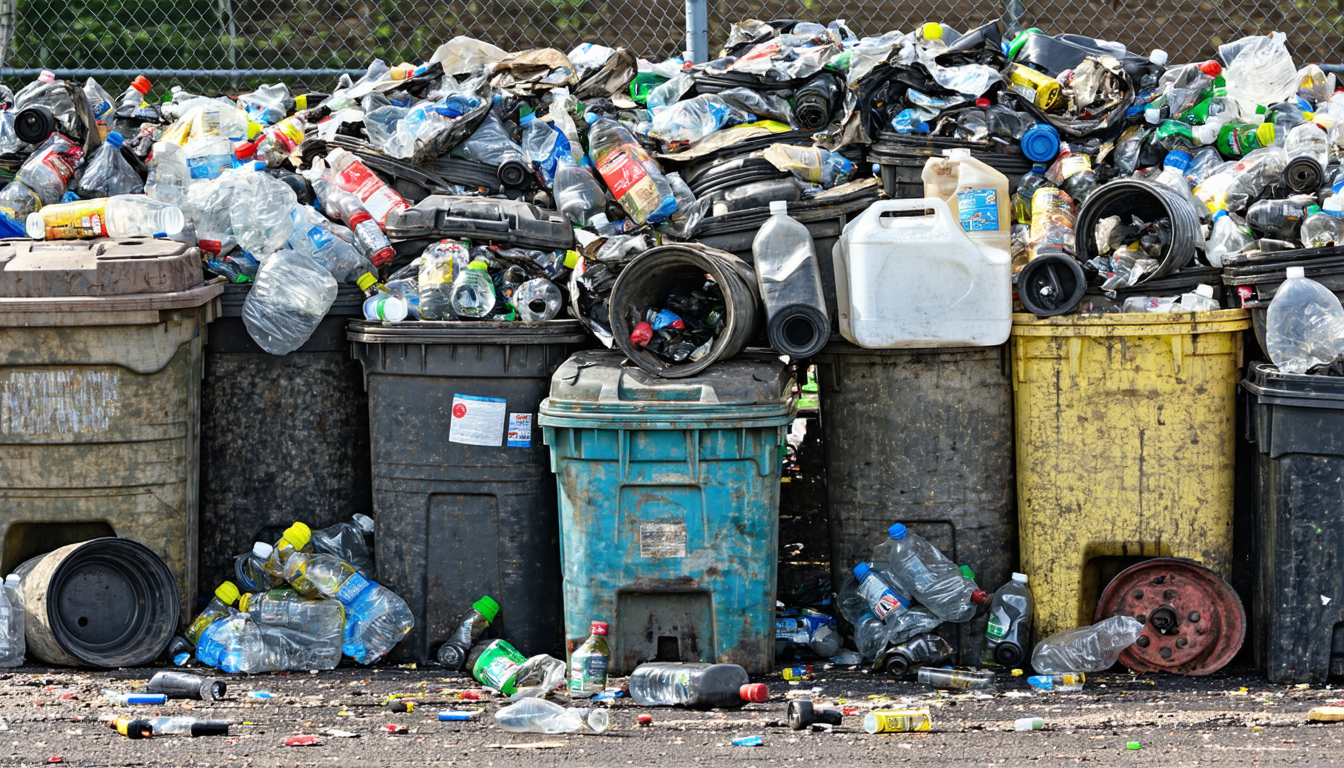In the United States, the safe management of hazardous waste remains a pressing concern for communities, businesses, and environmental agencies. With growing industrial activity and stricter regulations, the demand for accessible and compliant disposal options has surged. This article explores the latest developments in hazardous waste disposal near me, including new facilities, regulatory changes, and resources to help individuals and companies locate services. From updated federal guidelines to local initiatives, we uncover how these advancements impact public safety and environmental health, ensuring you stay informed on this critical issue.
The Growing Need for Hazardous Waste Disposal Near Me
Hazardous waste, which includes chemicals, batteries, medical waste, and industrial byproducts, poses significant risks if not handled properly. The U.S. Environmental Protection Agency (EPA) estimates that over 30 million tons of hazardous waste are generated annually across the country. Improper disposal can lead to soil contamination, water pollution, and health hazards, making accessible disposal options a priority for many Americans searching for “hazardous waste disposal near me.”
The urgency is clear in urban and rural areas alike. As industries expand and households accumulate items like old electronics or paint, the need for safe disposal solutions grows. Local governments and private companies are stepping up to address this demand with innovative programs and facilities.
Recent Developments in U.S. Hazardous Waste Management
In 2023, the EPA introduced updated guidelines under the Resource Conservation and Recovery Act (RCRA) to streamline hazardous waste tracking and disposal. These changes aim to enhance transparency by requiring digital reporting from waste generators and disposal facilities. According to EPA Administrator Michael S. Regan, “These updates ensure accountability and protect communities from the dangers of mismanaged hazardous materials.”
Several states have also launched initiatives to improve access to disposal services. For instance, California expanded its network of household hazardous waste collection sites by 15% in the past year, while Texas introduced mobile collection events for rural areas. These efforts directly address the challenge of finding hazardous waste disposal near me for residents in underserved regions.
Impact on Communities and Businesses
The availability of disposal options has a profound effect on public safety and environmental sustainability. For households, easy access to drop-off locations reduces the risk of illegal dumping, which remains a concern in many areas. The EPA notes that illegal disposal incidents dropped by 8% in states with robust collection programs between 2021 and 2023.
Businesses, particularly small enterprises in manufacturing or healthcare, benefit from clearer regulations and local services. Compliance with federal and state laws is now more achievable, reducing the risk of fines. As Sarah Thompson, an environmental consultant based in Ohio, explains, “Accessible disposal options help businesses stay compliant while protecting their local environment.”
Challenges and Future Outlook
Despite progress, challenges persist in ensuring equitable access to hazardous waste disposal near me. Rural communities often lack nearby facilities, forcing residents to travel long distances or store waste unsafely. Additionally, funding for public collection programs varies widely by state, creating disparities in service availability.
Looking ahead, experts predict increased investment in technology to manage hazardous waste. Innovations like mobile apps for locating nearby facilities or AI-driven waste sorting could revolutionize the industry. Balancing cost, accessibility, and environmental impact will remain a key focus for policymakers and stakeholders in the coming years.
How to Find Hazardous Waste Disposal Near Me
For those seeking immediate solutions, several resources are available:
- EPA’s Online Tools: The agency’s website offers a searchable database of certified disposal facilities across the U.S.
- State Environmental Agencies: Many states provide lists of local collection events or permanent drop-off sites.
- Private Services: Companies like Waste Management and Clean Harbors offer pickup services for businesses and households.
- Community Programs: Check with local municipalities for scheduled hazardous waste collection days.
Taking advantage of these resources ensures that waste is handled responsibly, protecting both your community and the environment.
Conclusion
The landscape of hazardous waste disposal near me in the United States is evolving with new regulations, expanded facilities, and innovative solutions. While challenges like accessibility in rural areas remain, recent developments signal a commitment to safer waste management practices. By staying informed and utilizing available resources, individuals and businesses can play a vital role in safeguarding public health and the environment. As this field continues to advance, ongoing collaboration between government, industry, and communities will be essential for sustainable progress.
Frequently Asked Questions (FAQ)
1. What qualifies as hazardous waste?
Hazardous waste includes materials that are toxic, flammable, corrosive, or reactive, such as chemicals, batteries, pesticides, and certain medical waste. Check with your local environmental agency for specific classifications.
2. How can I find hazardous waste disposal near me?
Use the EPA’s online database, contact your state environmental agency, or look for local collection events. Private companies also offer pickup services for convenience.
3. Are there fees for disposing of hazardous waste?
Fees vary depending on the type of waste, location, and service provider. Many community programs offer free drop-off for households, while businesses may incur costs.
4. What are the risks of improper hazardous waste disposal?
Improper disposal can contaminate soil and water, harm wildlife, and pose health risks to humans. It may also result in legal penalties for individuals or businesses.
5. Can I transport hazardous waste myself?
Yes, but only in small quantities as defined by federal and state laws. Ensure proper labeling and secure packaging, and always check local regulations before transporting.





